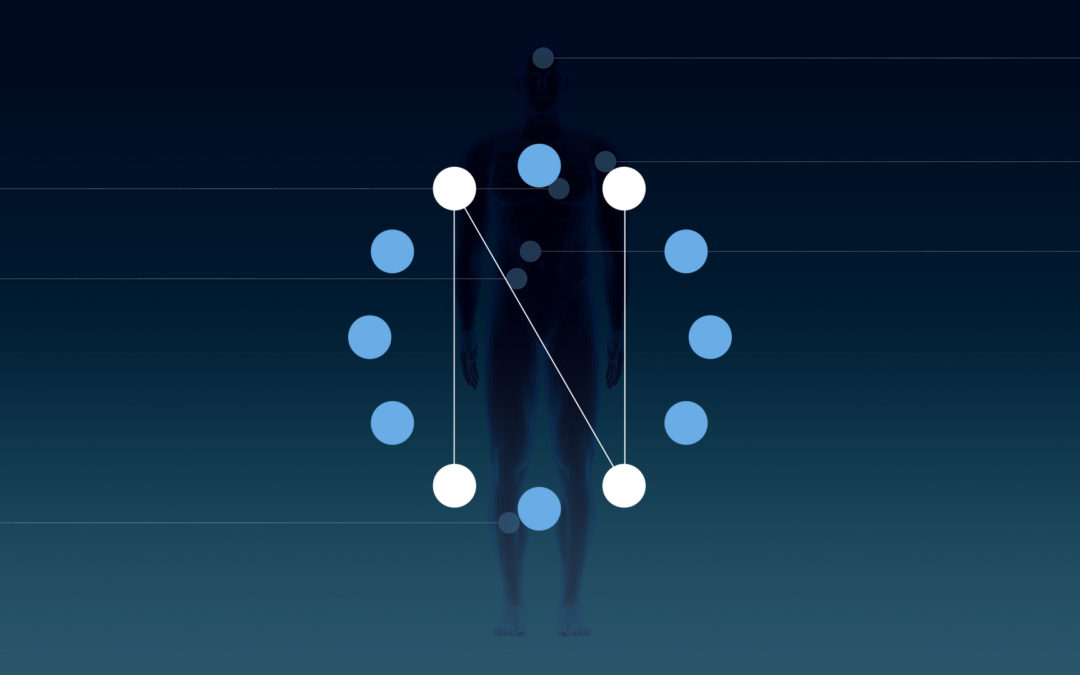Body Clock – What Makes Us Tick?
Body Clock – What Makes Us Tick? BBC Horizon investigated the body clock and it’s effect on our behaviour. We all have a biological clock ticking away inside us that governs our daily rhythms. This affects our health as much as our diet and whether...Simple blood test could read state of Circadian Rhythm
Simple blood test could read state of Circadian Rhythm Determining the state of an individual’s internal physiological clock has important implications for precision medicine, from diagnosing neurological disorders to optimizing drug delivery. To be useful,...Circadian Rhythms and Mood Disorders Genetically Linked
Circadian Rhythms and Mood Disorders Genetically Linked A research team at the University of Glasgow has now identified a potential genetic link between disrupted circadian rhythms and mood disorders, including major depressive disorder (MDD) and neuroticism....
